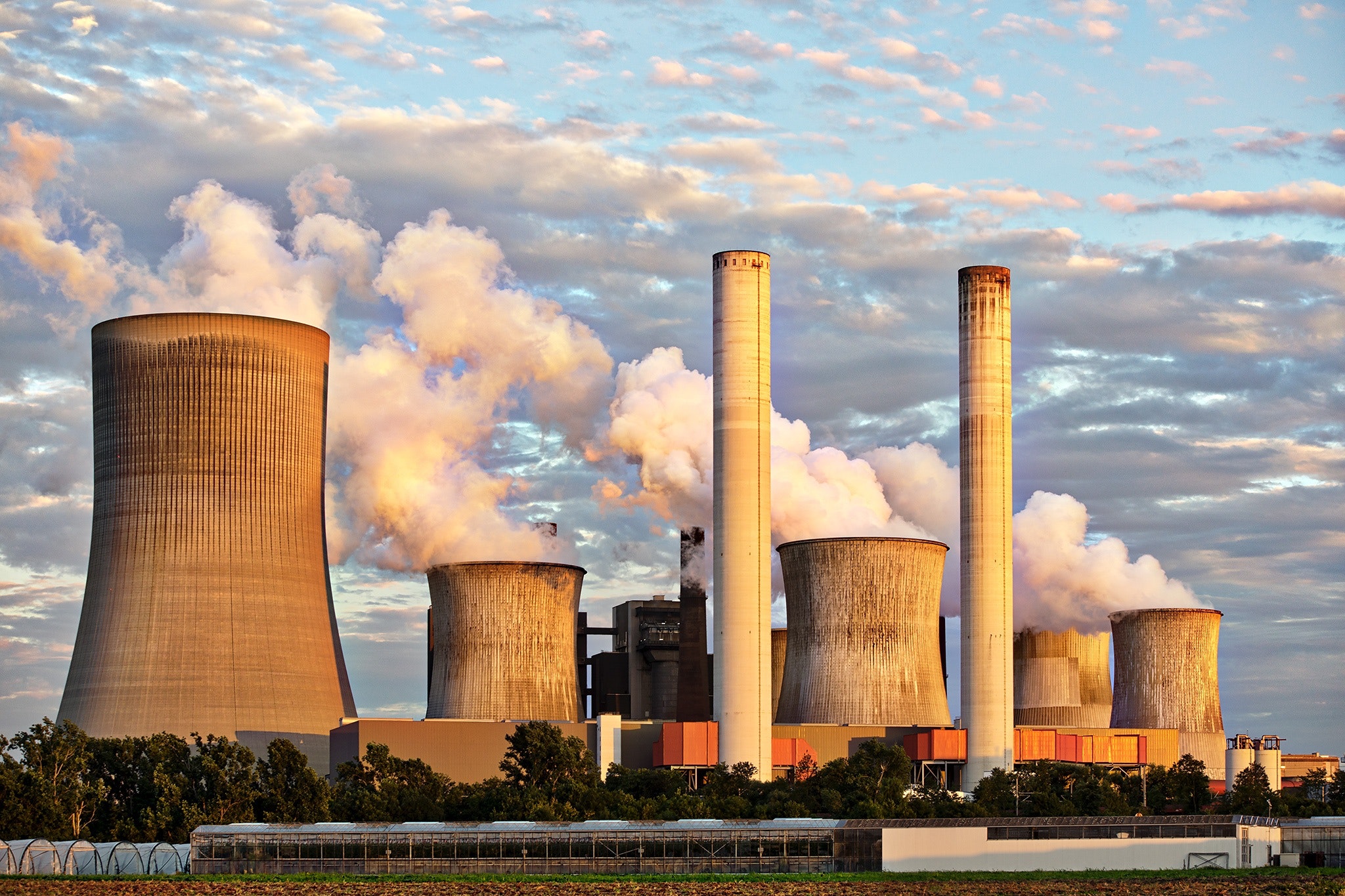West 'delighted' by India lapping up Russian oil: BP chief economist
Western nations are delighted by Indias increasing oil imports from Russia as the aim of their action against Moscow for its Ukraine invasion was to keep oil flowing while limiting Russias revenue earnings, bp chief economist Spencer Dale said on Tuesday.Western countries imposed economic sanctions against Russia after it invaded Ukraine in February last year.With a view to restrict Moscows revenues, the Group of Seven G7 coalition imposed a USD 60 per barrel price cap on seaborne Russian oil.

Western nations are ''delighted'' by India's increasing oil imports from Russia as the aim of their action against Moscow for its Ukraine invasion was to keep oil flowing while limiting Russia's revenue earnings, bp chief economist Spencer Dale said on Tuesday.
Western countries imposed economic sanctions against Russia after it invaded Ukraine in February last year.
With a view to restrict Moscow's revenues, the Group of Seven (G7) coalition imposed a USD 60 per barrel price cap on seaborne Russian oil. The oil price cap bans G7 and European Union companies from providing transportation, insurance and financing services for Russian oil and oil products if they are sold above the cap.
This has meant that Russian crude is being sold at a deep discount of as high as USD 30 per barrel to Brent. Indian refiners lapped up the discounted oil, making Russia the nation's largest oil supplier, accounting for less than one per cent of oil imports a year back.
Talking to reporters, Dale said in conversations with leaders in all capitals - from Washington to Brussels, ''have been delighted'' by the increase of Russian crude flow into India.
''This (increased import of Russian oil) is not a problem at all,'' he said.
''The whole point of the price cap was to keep Russian oil flowing (and) prevent oil shortage and to do it in such a way that Russia is not able to monetise those flows at very high prices.'' While countries in Europe shunned Russian oil, China and India increased imports from Moscow. This prevented any scarcity and price shocks.
''The fact that India was able to increase its imports very dramatically over the last year, below the price cap, was a great thing. That is exactly what the price cap was designed to do,'' he said. ''The increase in India's imports has been welcomed.'' He said the price cap has worked far better than anybody possibly could have expected.
''The oil has kept flowing and to the extent, we can tell (that) much of that trade has happened below the price cap. And I think, the US treasury has estimated that something like 25 per cent of oil, which is exported from Russia, is being transported using western transport or insurance, which implies that they are able to attest that it is happening below the price cap,'' Dale said.
While the exact price at which Russian oil was being sold is not known, the use of a non-western shipping fleet and insurance is likely to increase the cost for Russia.
''They are having to use more and more limited fleets. They are having to sell to more and more limited markets in which case they have to provide an incentive for countries to take that,'' he said.
India's import of Russian oil has jumped from 1 million barrels per day in September last year to 1.8 million barrels now. ''And (for that to happen), Russians have to make sure that their crude is attractive (by selling at discount),'' he said.
Talking about the recently released bp Energy Outlook 2023, Dale said India is critical to the global energy system. ''We see India as the largest growth market for energy anywhere in the world over the next 20-30 years.'' Under all scenarios, the outlook predicts that primary energy grows strongly, led by renewables, and to a lesser extent, natural gas and nuclear.
This growth is underpinned by increasing population, industrialisation and prosperity.
India's primary energy consumption is forecast to more than double by 2050, with an average growth of between 2.4 per cent and 2.6 per cent per annum. As a result of this strong growth, India accounts for around 14 per cent of the global primary energy consumption in 2050, up from around 7 per cent.
The share of coal in the total primary energy has been broadly stable around 2019 levels (45 per cent) over the past 40 years.
The share of natural gas in total primary energy grows from 5 per cent in 2019 to 7-11 per cent in 2050, supported by industry and heavy road transport demand.
(This story has not been edited by Devdiscourse staff and is auto-generated from a syndicated feed.)
ALSO READ
US meeting Russian and Chinese delegations for nuclear arms control talks, official says
Shiv Sena's Hanumant Jagdale Takes Leadership Role in Thane
Controversial Decision: Russian and Belarusian Athletes to Compete at Winter Paralympics
EU Sanctions Russian Officials Over Human Rights Violations
UPDATE 1-EU adds eight Russian officials to human rights sanctions list









